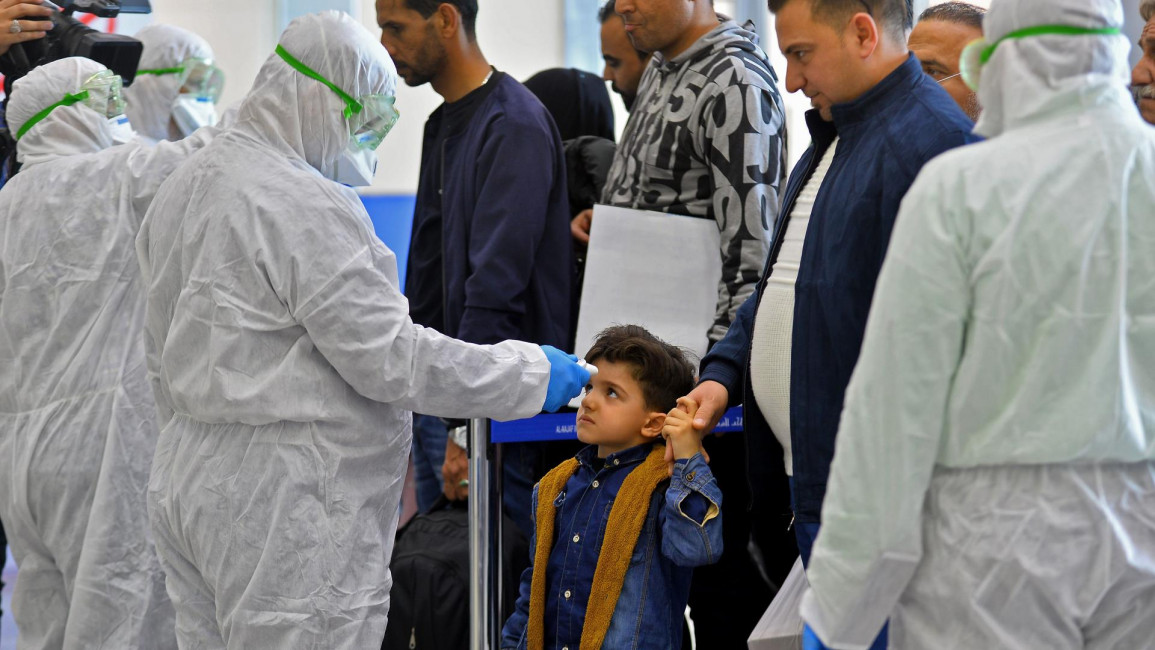Iran shutters schools and universities for a month as coronavirus deaths spike
"People should not consider this as an opportunity to go travelling. They should stay home and take our warnings seriously," Saeed Namaki said at a televised press conference.
Earlier the same day, Iran reported 15 new deaths from the virus and 591 fresh cases in the past 24 hours, bringing the toll to 107 dead and 3,513 infected.
"Until today, samples have been taken of 23,327 suspected cases, only 3,513 of which have been confirmed," health ministry spokesman Kianoush Jahanpour told a televised news conference.
"Unfortunately 15 people have passed away, raising the total number of the dead to 107," he added, noting that the provinces of Tehran, Qom, Gilan and Esfahan are the worst hit.
| |
On Wednesday, authorities announced that Friday prayers - an important event for Iran's clerical rulers - would be cancelled in major cities nationwide.
The government also announced it would temporarily release 54,000 people from prison and deploy hundreds of thousands of health workers.
The virus has struck down top leaders inside Iran's civilian government and Shia theocracy, with at least 23 MPs infected - 8 percent of its parliament.
On Monday, it was announced that an adviser to the country's Supreme Leader Ayatollah Ali Khamenei had died at the age of 71 from the virus.
Iran has been facing severe medical shortages since the US pulled out of a landmark nuclear deal and reimposed crippling sanctions on the country in 2018.
Washington had exempted humanitarian goods, especially medicines and medical equipment from its punitive measures.
But international purchases of such supplies are forestalled by banks being wary of conducting any business with Iran, for fear of falling foul of sanctions themselves.
This has sent medicine prices in Iran soaring and has had severe consequences, especially for people suffering from rare or special diseases that require imported medication.
Agencies contributed to this report.
Follow us on Facebook, Twitter and Instagram to stay connected



